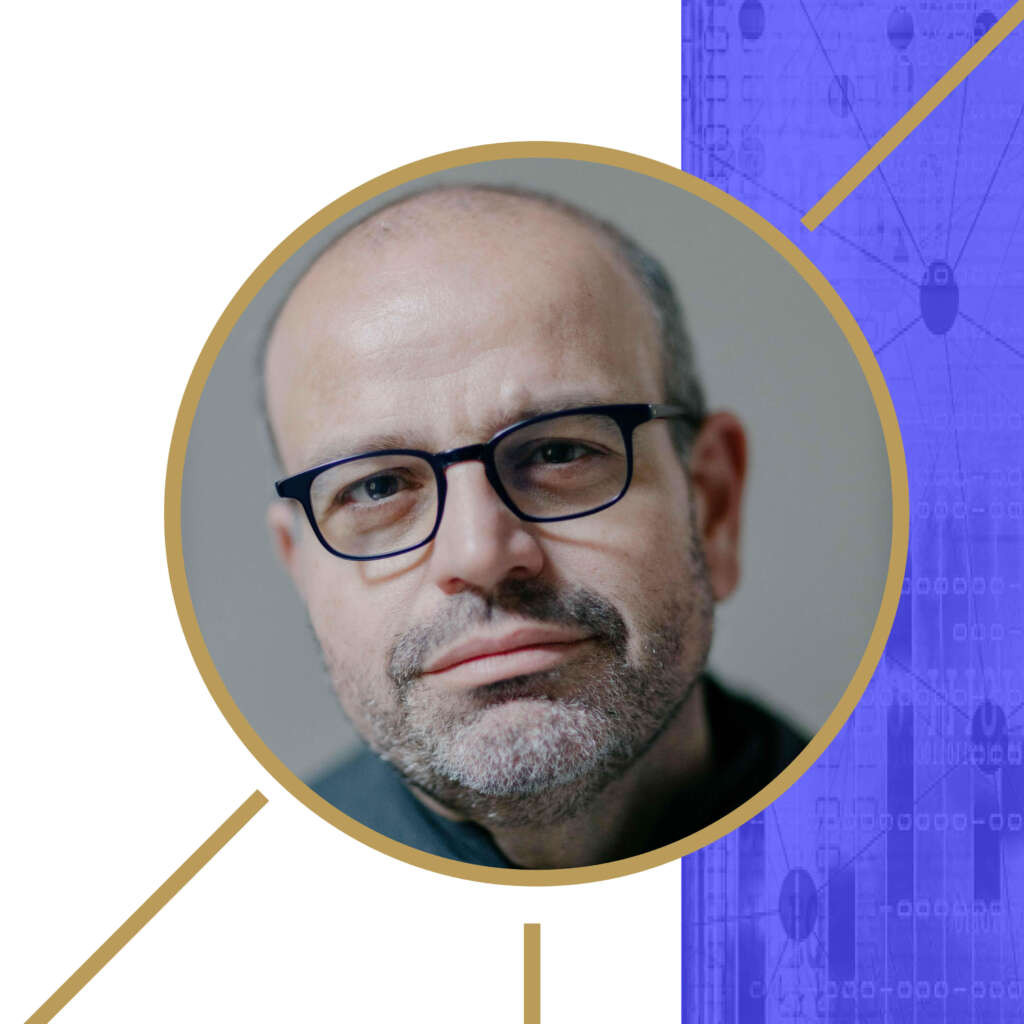Description:
This talk will try to focus possibilities and challenges in ethical governance of AI through algorethics. Algorethics is a term that has been developed since 2018 to denote the need for a study dedicated to assessing the ethical implications of technologies, particularly artificial intelligence. This field of study focuses on issues such as transparency and accountability of algorithms, data bias, and accountability. The goal of algorethics is to ensure competent and shared scrutiny of the processes through which relationships between technology, society, and individuals develop. This is especially important at a time when the widespread use of artificial intelligence can have significant consequences for society. Algorethics seeks to guide data scientists and researchers to build artificial intelligence systems ethically to benefit society as a whole.

Guest Speaker Bio:
Roman, born in 1973, Paolo Benanti is a Third Order Regular Franciscan – TOR – and works in ethics, bioethics and ethics of technologies. In particular, his studies focus on the management of innovation: the Internet and the impact of the Digital Age, biotechnology for human improvement and biosafety, neuroscience and neurotechnology.
As he writes, “I try to focus on the ethical and anthropological significance of technology for Homo sapiens: we are a species that has inhabited the world for 70,000 years, transforming it; the human condition is a techno-human condition…”
At the Pontifical Gregorian University he received his licentiate in 2008 and his doctorate in moral theology in 2012. The doctoral dissertation entitled “The Cyborg. Body and Corporeality in the Age of the Posthuman” won the Belarmino – Vedovato Prize.
Since 2008 he has been a lecturer at the Pontifical Gregorian University. He works on neuroethics, ethics of technologies, artificial intelligence and the posthuman. He was part of the Artificial Intelligence Task Force to assist the Agency for Digital Italy. He is a member of the Pontifical Academy for Life with a particular mandate for the world of artificial intelligence. In late 2018, he was selected by the Ministry of Economic Development as a member of the group of thirty experts tasked at the national level with developing the national strategy on artificial intelligence and the national strategy on shared ledger and blockchain-based technologies.